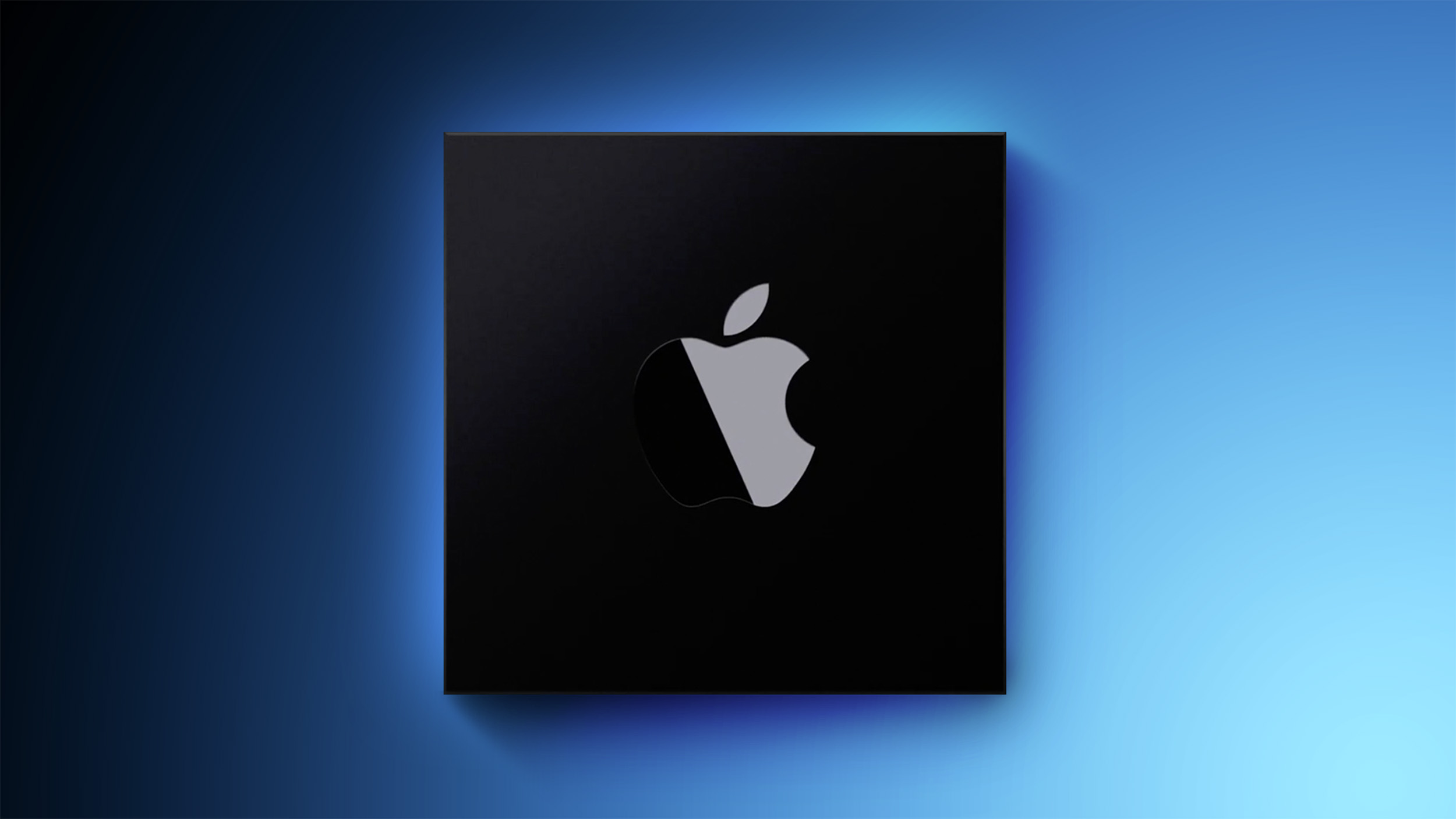Apple chip supplier TSMC is on track to deliver 2nm chip technology next year, BusinessKorea reports.

Apple is expected to move its custom silicon to the 2nm process next year to leverage TSMC's advancements. TSMC is said to be confidently progressing with the 2nm node. The chipmaker's Vice President of Process Development, Zhang Xiaogang, announced that "the development of the 2nm process is progressing smoothly" and mass production is on track for 2025.
Some rumors suggested that TSMC may be forced to delay full-scale mass production of its 2nm process until 2026 due to technical challenges associated with the first-time application of Gate-All-Around (GAA) technology. These rumors were dispelled by Zhang, who confirmed that "the yield when applying GAA has reached 90 percent of the target," indicating substantial progress. Jeff Williams, Apple's Chief Operating Officer, recently made a discreet visit to Taiwan to meet with TSMC President Wei Zhejia and secure supply of 2nm chips.
The iPhone 15 Pro is powered by the A17 Pro chip, which is manufactured with TSMC's 3nm process. This process allows for more transistors to be packed into a smaller space, delivering improvements in performance and efficiency. Apple's M4 chip, which just debuted in the new iPad Pro, uses an enhanced version of this 3nm technology. The transition to 2nm chips should bring further improvements, with projected performance gains of 10 to 15 percent and power consumption reductions of up to 30 percent compared to the 3nm process.
TSMC remains the only company capable of manufacturing 2nm and 3nm chips at the scale and quality Apple requires. For its 3nm chips, Apple booked all of TSMC's available chipmaking capacity, and the chipmaker plans to triple its production capacity for the node by the end of the year to meet soaring demand. 2nm chips could first appear in 2025's iPhone 17 lineup.
This article, "Apple's Next-Gen Chip Technology on Track for 2025 Debut" first appeared on MacRumors.com
Discuss this article in our forums
Source: TechRadar
Apple is expected to move its custom silicon to the 2nm process next year to leverage TSMC's advancements. TSMC is said to be confidently progressing with the 2nm node. The chipmaker's Vice President of Process Development, Zhang Xiaogang, announced that "the development of the 2nm process is progressing smoothly" and mass production is on track for 2025.
Some rumors suggested that TSMC may be forced to delay full-scale mass production of its 2nm process until 2026 due to technical challenges associated with the first-time application of Gate-All-Around (GAA) technology. These rumors were dispelled by Zhang, who confirmed that "the yield when applying GAA has reached 90 percent of the target," indicating substantial progress. Jeff Williams, Apple's Chief Operating Officer, recently made a discreet visit to Taiwan to meet with TSMC President Wei Zhejia and secure supply of 2nm chips.
The iPhone 15 Pro is powered by the A17 Pro chip, which is manufactured with TSMC's 3nm process. This process allows for more transistors to be packed into a smaller space, delivering improvements in performance and efficiency. Apple's M4 chip, which just debuted in the new iPad Pro, uses an enhanced version of this 3nm technology. The transition to 2nm chips should bring further improvements, with projected performance gains of 10 to 15 percent and power consumption reductions of up to 30 percent compared to the 3nm process.
TSMC remains the only company capable of manufacturing 2nm and 3nm chips at the scale and quality Apple requires. For its 3nm chips, Apple booked all of TSMC's available chipmaking capacity, and the chipmaker plans to triple its production capacity for the node by the end of the year to meet soaring demand. 2nm chips could first appear in 2025's iPhone 17 lineup.
Tags: TSMC, Apple Silicon
This article, "Apple's Next-Gen Chip Technology on Track for 2025 Debut" first appeared on MacRumors.com
Discuss this article in our forums
Source: TechRadar